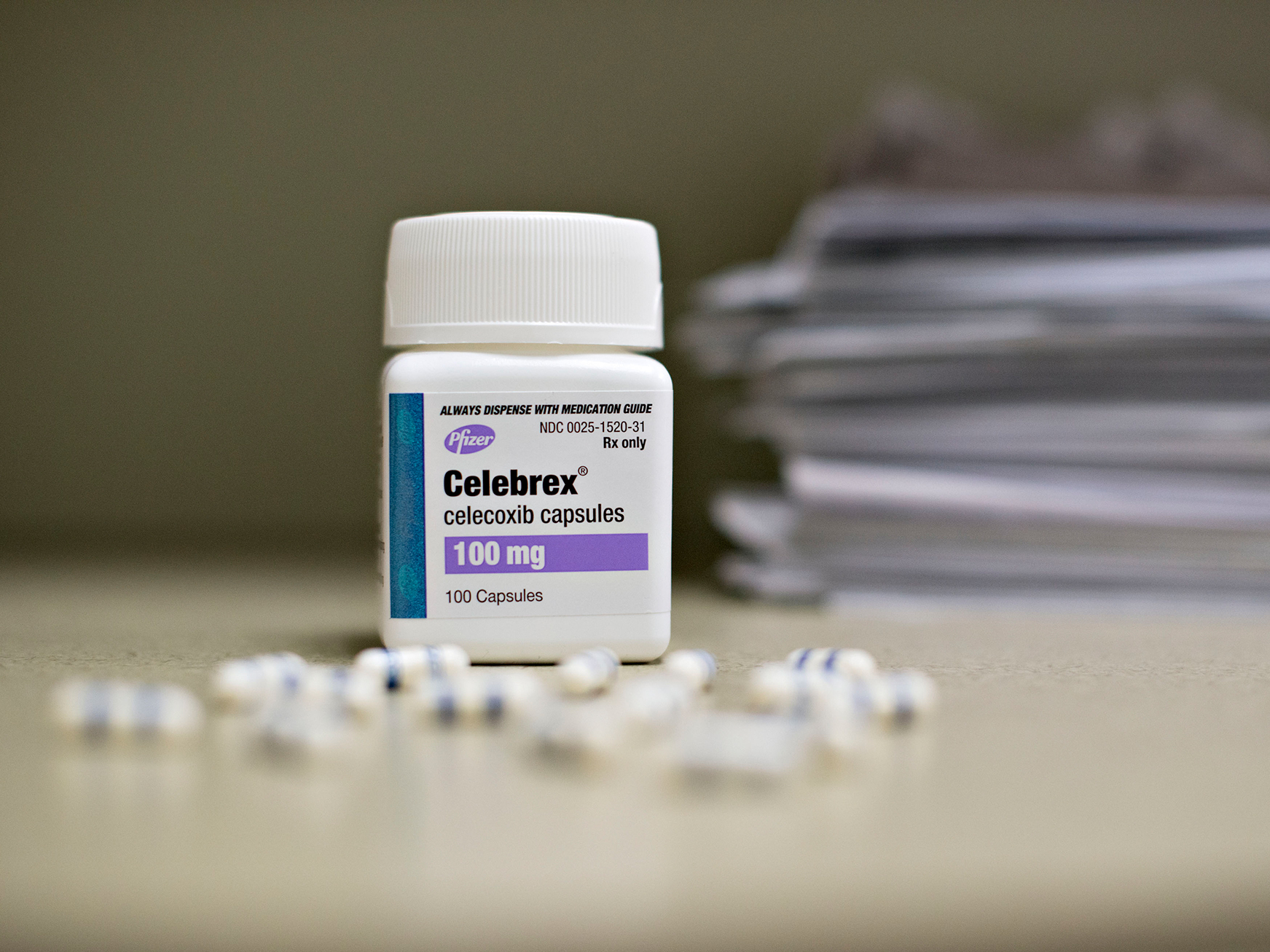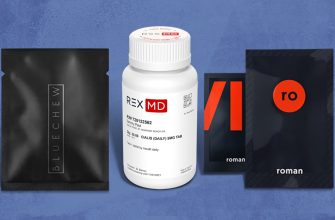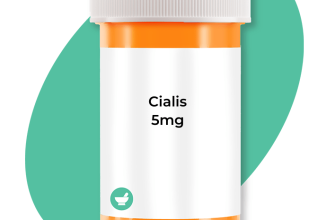Celecoxib, better known as Celebrex, effectively reduces pain and inflammation. It’s a selective COX-2 inhibitor, meaning it targets a specific enzyme involved in inflammation, causing fewer gastrointestinal side effects than older NSAIDs like ibuprofen or naproxen.
Common Uses
- Osteoarthritis pain relief
- Rheumatoid arthritis pain management
- Ankylosing spondylitis symptom reduction
- Menstrual cramps
- Pain from dental procedures
Remember, Celebrex is a prescription medication. A doctor should determine the appropriate dosage and duration based on your individual needs. Typical dosages range from 100mg to 200mg daily, depending on the condition.
Potential Side Effects
- Fluid retention
- High blood pressure
- Increased risk of heart attack or stroke (especially with long-term use or high doses)
- Gastrointestinal upset (though less common than with older NSAIDs)
Always report any unusual symptoms to your physician immediately. Regular monitoring of blood pressure and cardiovascular health is crucial during Celebrex treatment, especially for individuals with pre-existing heart conditions.
Important Considerations
Individuals with a history of heart disease, stroke, or allergies to sulfa drugs should discuss Celebrex use with their doctor. Pregnancy and breastfeeding should also be discussed with your healthcare provider before starting Celebrex. Do not consume alcohol while taking Celebrex as this can increase the risk of stomach bleeding and other negative effects.
Further Information
This information is for educational purposes only and does not constitute medical advice. Consult your doctor or pharmacist for personalized guidance on Celebrex or any other medication. They can provide detailed information about interactions, dosage adjustments, and potential risks based on your specific health profile. Always read the medication guide provided with your prescription.
Dosage, Administration, and Potential Side Effects
Celebrex is typically administered orally, once or twice daily, with or without food. The recommended starting dose for osteoarthritis and rheumatoid arthritis is 200 mg daily. Your doctor may adjust this based on your response and individual needs; higher doses (up to 400 mg daily) may be prescribed, but always follow your physician’s instructions carefully.
Common Side Effects
While generally well-tolerated, Celebrex can cause side effects. The most frequent include headaches, nausea, diarrhea, stomach pain, and dizziness. These effects are often mild and transient. If they persist or worsen, contact your doctor immediately.
Serious Side Effects
More serious, though less common, side effects are possible and require prompt medical attention. These include heart attack, stroke, high blood pressure, heart failure, and serious allergic reactions (like skin rashes or swelling). Consult your doctor immediately if you experience any of these. Certain pre-existing conditions, like cardiovascular disease or kidney problems, may increase your risk of experiencing some of these side effects. Open communication with your healthcare provider about your medical history is crucial for safe use. Be aware that increased risk may also exist for those with a history of stomach ulcers or bleeding.
Medication Interactions
Celebrex can interact with other medications. Always inform your doctor and pharmacist of all medications, supplements, and herbal remedies you take to avoid potential interactions. This includes blood thinners, diuretics, and certain other pain relievers.










